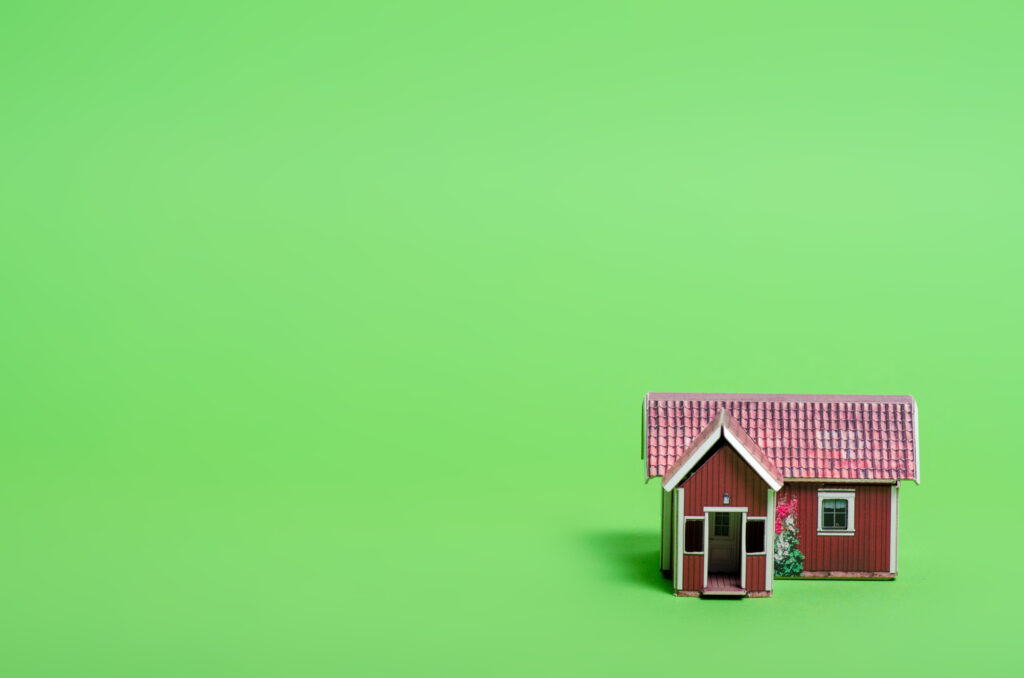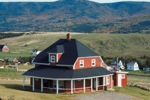
Grades 9-12

Don't have an account yet? Sign up for free
Don't have an account yet? Sign up for free

Are you willing to pay more for a tulip than for a house? If you lived in Holland in the early 1600s, you probably would! Today, you can buy a tulip for less than one dollar. But four hundred years ago, people in Holland were willing to pay several times their annual salaries to buy this flower. Tulips were exchanged often, like stocks. From 1636-37, some tulip bulbs were traded up to ten times a day.
What happens when the price of a good (like the tulips in Holland) rises by more than normal supply and demand factors would suggest? What happens when that price rises for months, or even years? And finally, what happens when that price crashes? Let’s find out.
In this lesson, you will learn about a speculative bubble within the context of the U.S. real estate market. This lesson includes book excerpts, role-playing activities, exercises, and assessments.
1. Explore the concepts of investment, asset, appreciation, depreciation, overvalued, undervalued, and speculative bubble within the context of the housing industry, by reading Excerpt 1 from How Credit Crises Happen.
2. Complete the fill-in Vocabulary Activity.
3. Use role-play to explore how the duration of a speculative bubble affects buying and selling decisions. The class will be divided into homebuyers (who purchase their homes to live in) and home sellers (who are selling their primary residences).
 Suppose that there is a housing bubble, and housing prices are rising quickly. The housing market is already overvalued, which means that housing prices are higher than expected. For example, normal supply and demand factors (such as population growth and rising incomes) indicate that a house in Rockford, IL would sell for $125,000. But a housing bubble pushed these housing prices upward to $200,000.
Suppose that there is a housing bubble, and housing prices are rising quickly. The housing market is already overvalued, which means that housing prices are higher than expected. For example, normal supply and demand factors (such as population growth and rising incomes) indicate that a house in Rockford, IL would sell for $125,000. But a housing bubble pushed these housing prices upward to $200,000.
4. Next, you are an investor, who both buys and sells real estate. You will not live in your properties. You only hope to earn money by buying properties and then selling them at higher prices than their original purchase prices (“buy low, sell high”).
5. Complete the second and third columns in the following table:
| Economic Role | Incentive | Effects of Housing Bubble on Incentives |
| Investors | ||
| Homebuyers | ||
| Home Sellers |
6. Explore the effect of future expectations on a housing bubble by analyzing the following scenario and question: Suppose you expect the housing bubble to continue in the near future. As a result, you purchase real estate. Suddenly, the housing bubble bursts, and real estate prices fall. Now, you own real estate properties that are worth less than their original prices.
7. Watch the Central California Housing Crash video to learn about the effects of the housing bust on the California housing market and American homeowners. Then, answer the following questions:
 homeowner’s wealth?
homeowner’s wealth?8. Complete the Buying and Selling in a Housing Bubble Activity.
9. Explore the connection between the housing bubble and credit expansion, by reading Excerpt 2 from How Credit Crises Happen. Then, answer the following questions:
10. Complete the Bubble-Credit Connection Exercise.
A speculative bubble occurs when the price of an asset is much higher than normal demand and supply factors would suggest. In 2002, a speculative bubble began in the U.S. housing industry. During this bubble, prices of homes rose higher and higher for years, and homeowners used these overvalued assets to borrow more and more money. Investors also placed their scarce resources into real estate, because they could potentially earn more money during the bubble.
By the end of 2006, the speculative bubble in the U.S. housing market burst. Real estate prices fell. Both homeowners and investors no longer held overvalued properties. In fact, the values of some real estate dropped below the amount of their loan balances. Millions of people were unable to pay their mortgages, and they defaulted on their loans. The bursting of the housing bubble also contributed significantly to the financial crisis that soon affected the world.
Complete the following assessments and hand them into your teacher:
Read https://investinganswers.com/dictionary/t/toxic-assets . Then, select the correct answers to the following questions:

Grades 9-12

Grades 9-12

Grades 9-12

Grades 9-12
